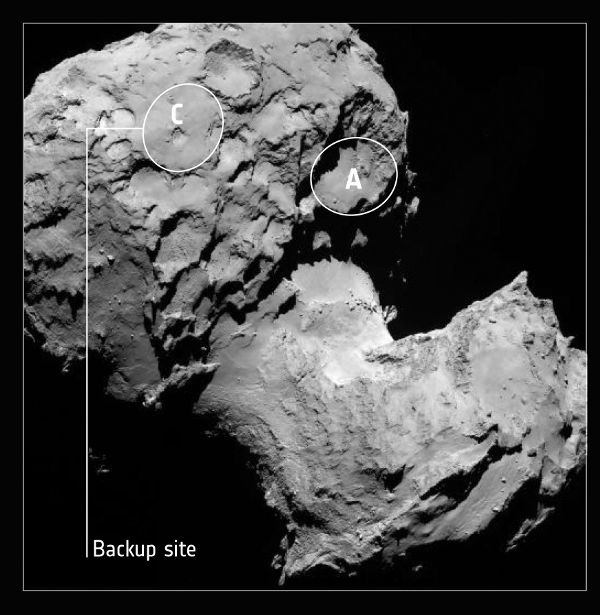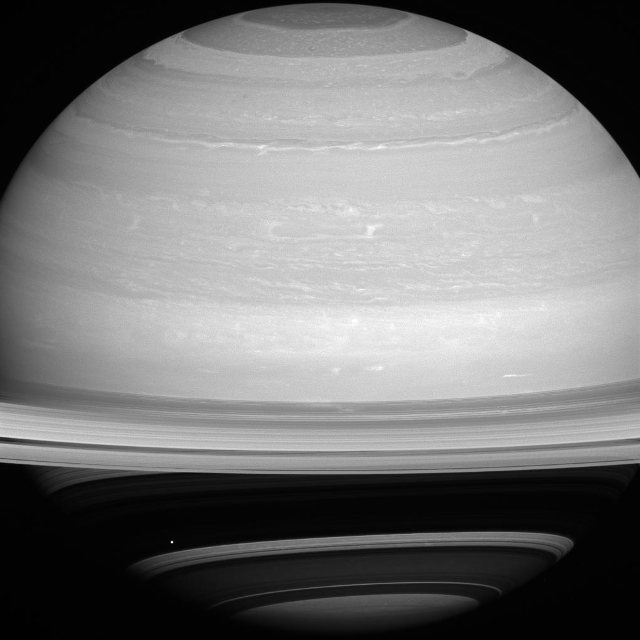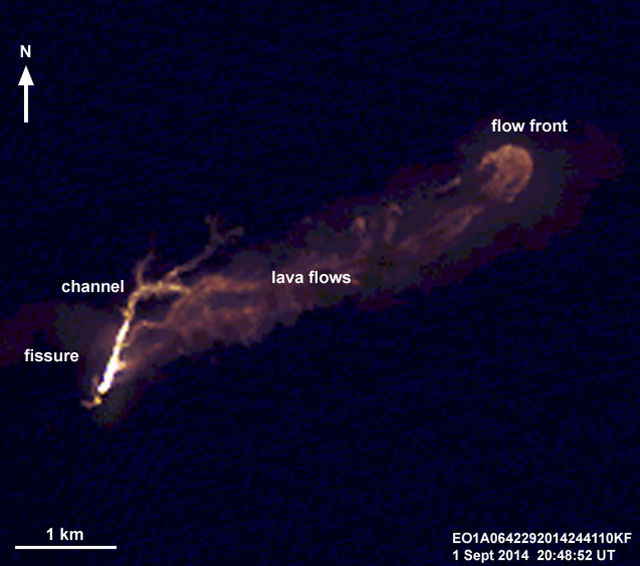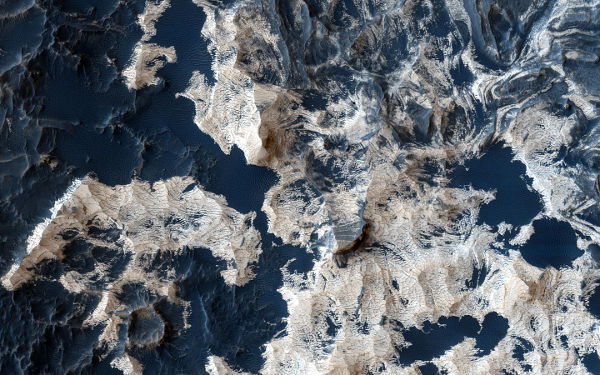
The European Space Agency has narrowed down their original ten landing sites for the Rosetta mission on comet 67P/Churyumov-Gerasimenko, down to five final landing sites (A, B, C, I and J). Landing site C was chosen as a backup site for Philae’s planned November 11, 2014 landing over the other potential landing sites because it had a higher level of illumination and fewer boulders.



